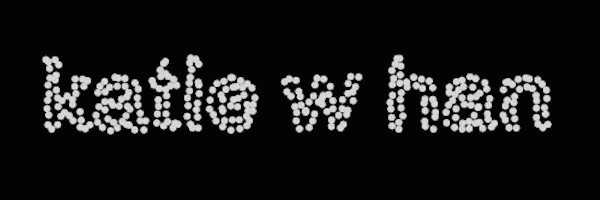Wind, Rocks, and Women, 2019.Built using Arduino (C++) and Processing (Java).In collaboration with Sue Roh.Wind, Rocks, and Women is an interactive sound exhibit that tells the stories of two mothers in Korea: a mother in Seoul city, where the traditional female role of domesticity prevails, and a haenyeo in Jeju Island, where women have greater freedom and status atypical of Korean society. The installation features the Hallasan volcano of Jeju Island where gods and spirits oversee the island and the surrounding Korean Strait. Peppered in the water and on the volcano lie various objects narrating two parallel stories. To experience the stories, users put on the headphones, pick up an object from the scene, and scan the object’s tag to the reader on the side of the headphones. A sound recording related to the object will start to play, accompanied by a video projection on the fabric that is flowing like water.
South Korea, despite being one of the largest economic powerhouses in the world, is consistently ranked as one of the countries with the highest gender pay gaps in the OECD. With economic disadvantages undoubtedly come social implications of sexism that is deeply entrenched in all strata of Korean society. Particularly, women are expected to quit the workforce as full-time mothers due to societal pressures or sometimes outright discrimination by their employers.
As first-generation Korean Americans, Sue Roh and I were particularly drawn to haenyeo of Jeju Island who seem to defy the classic patriarchy that dominates mainland Korea. Haenyeo are divers in Jeju Island who submerge up to thirty meters underwater without the help of oxygen masks to gather abalone, octopus, and other delicious deep sea treasures. Though their occupation is dangerous, it is also lucrative, often designating them as breadwinners of their family. Their historical importance has contributed to Jeju’s characteristic semi-matriarchal attitude and the island’s three proud abundances (samda): wind, rocks, and women. They are the epitome of eco-feminism with their strong, tight-knit group of haenyeo who care for each other’s safety and wellbeing, while simultaneously ensuring the preservation of the ecosystem to which they owe their livelihood. Our project serves as an homage to the haenyeo of Jeju Island, whose population is largely dwindling as expert haenyeo age and their daughters choose safer jobs on land.


